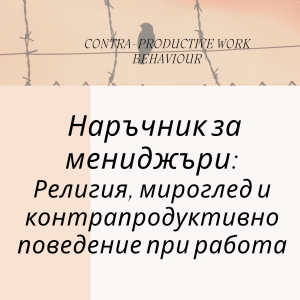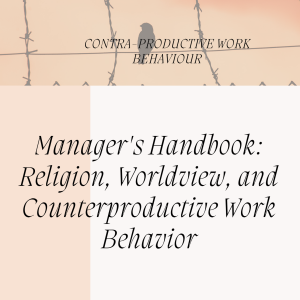Crimmigration, Settlers’ Neocolonialism and Corporate Involvement in Modern Slavery (video course)
$15.00
Description
Video course 1 hour, link to mp3 file at Google Drive
Immigration and criminal law enforcement are increasingly intertwined. In the past, immigration violations were treated as civil cases, with no criminal component. Today, “criminal immigration” is the new normal in the United States: more than a third of federal caseload now consists of criminal prosecutions of noncitizens who have violated immigration laws. Immigration now constitutes the largest category of federal criminal caseload. In 2018, federal arrests of noncitizens nearly doubled, increasing by a whopping 50,000 to 108,000 arrests.
Immigration prosecutions increased by 650% from 1998-2018, from about 13,000 to nearly 100,000 federal immigration prosecutions each year. There may be more than 50,000 noncitizens in federal custody at any given time, representing about 43 percent of the federal prison population. 4The scale of criminal enforcement against individuals is massive, even though the criminal penalties themselves are typically small. (Brandon L. Garrett, Illinois Law Review (2020))
A defining aspect of U.S. immigration law since the 1980s has been its increasing convergence with criminal law, a development that has led to an explosive growth in detention, deportation, and other aspects of immigration enforcement.
Legal scholars have been highly critical of this trend, often using the term “crimimigration” to describe the increasing harshness of the modern immigration enforcement system. Commentators have highlighted the lack of proportionality in the deportation system, the “cascading constitutional deprivation” of pretrial detention of immigrants without counsel, and the disruptive effects that police-immigration cooperation has on community policing and criminal law procedural norms. (Rachel E. Rosenblum, Lewis & Clark Law Review, Vol. 22, No. 3,
Understanding the roots of modern slavery and the role of corporate business in tolerating or opposing these important contemporary problems is essential for legal scholars, practitioners, and human rights advocates.
This lesson will explore the interrelationship between crimimigration and settler neocolonialism and corporate business involvement in modern slavery, using legal frameworks and case law examples.





